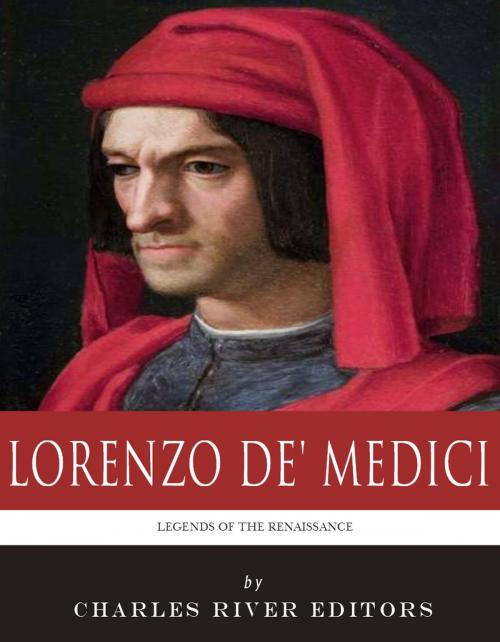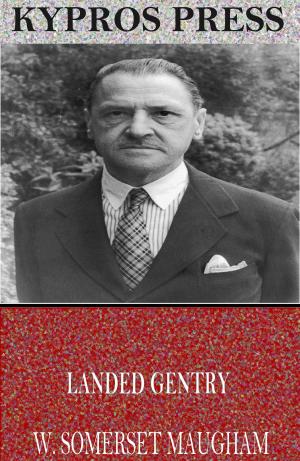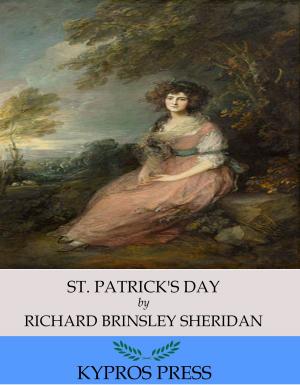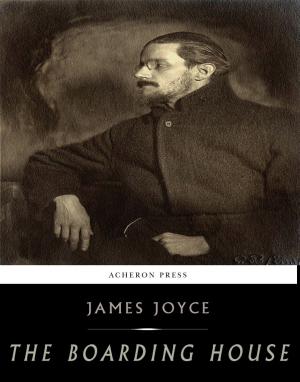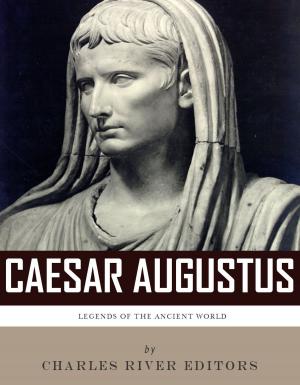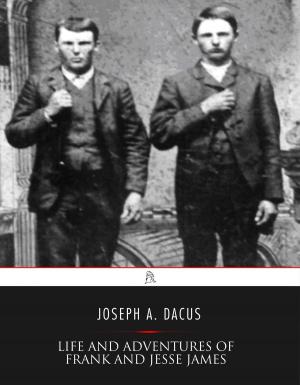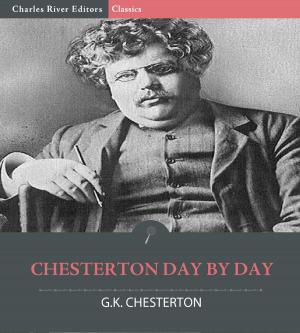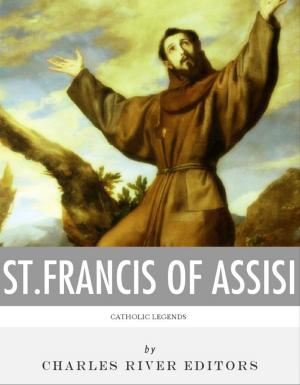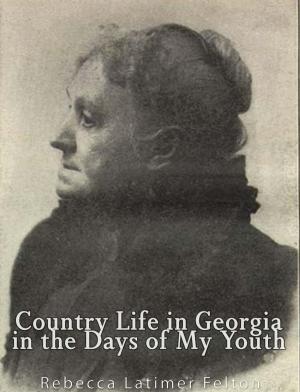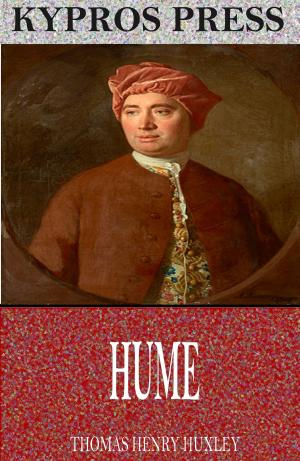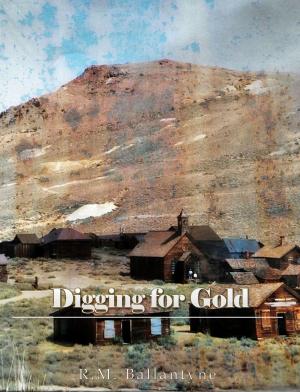Legends of the Renaissance: The Life and Legacy of Lorenzo de' Medici
Nonfiction, History, Italy, Renaissance, Biography & Memoir, Historical| Author: | Charles River Editors | ISBN: | 9781475320046 |
| Publisher: | Charles River Editors | Publication: | December 2, 2012 |
| Imprint: | Language: | English |
| Author: | Charles River Editors |
| ISBN: | 9781475320046 |
| Publisher: | Charles River Editors |
| Publication: | December 2, 2012 |
| Imprint: | |
| Language: | English |
*Includes pictures of Lorenzo and important people and places in his life.*Discusses Lorenzo's relationships with other famous Renaissance legends, including Leonardo and Michelangelo.*Includes a Bibliography for further reading.*Includes a Table of Contents. "How beautiful is youth that is always slipping away. Lorenzo de' MediciA lot of ink has been spilled covering the lives of historys most influential figures, but how much of the forest is lost for the trees? When historians are asked to pick a point in history when Western civilization was transformed and guided down the path to modernity, most of them point to the Renaissance. Indeed, the Renaissance revolutionized art, philosophy, religion, sciences and math, with individuals like Galileo, Leonardo, Michelangelo, Raphael, Dante, and Petrarch bridging the past and modern society. In Charles River Editors Legends of the Renaissance, readers can get caught up to speed on the lives of the most important men and women of the Renaissance in the time it takes to finish a commute, while learning interesting facts long forgotten or never known. Most historians credit the city-state of Florence as the place that started and developed the Italian Renaissance, a process carried out through the patronage and commission of artists during the late 12th century. If Florence is receiving its due credit, much of it belongs to the Medicis, the family dynasty of Florence that ruled at the height of the Renaissance. The dynasty held such influence that some of its family members even became Pope. Among all of the Medicis, its most famous member ruled during the Golden Age of Florence at the apex of the Renaissances artistic achievements. Lorenzo de Medici, commonly referred to as Lorenzo the Magnificent, was groomed both intellectually and politically to rule Venice, and he took the reins of power at just 20 years old. Of all the fields that were advanced during the Renaissance, the periods most famous works were art, with iconic paintings like Leonardos Mona Lisa and timeless sculptures like Michelangelos David. Thus it is fitting that both Leonardo and Michelangelo were at times members of Lorenzos court, and the Florentian ruler, who also considered himself an artist and poet, became known for securing commissions for the most famous artists of the age, including the aforementioned legends, Piero and Antonio del Pollaiuolo, Andrea del Verrocchio, Sandro Botticelli and Domenico Ghirlandaio. When Lorenzo died in April 1492, he was buried in a chapel designed by Michelangelo. Legends of the Renaissance: The Life and Legacy of Lorenzo de' Medici chronicles the life and reign of Lorenzo the Magnificent, examines the relationships he had with other Renaissance legends, and analyzes his enduring legacy. Along with pictures of important people, places, and events in his life, you will learn about Lorenzo de Medici like you never have before, in no time at all.
*Includes pictures of Lorenzo and important people and places in his life.*Discusses Lorenzo's relationships with other famous Renaissance legends, including Leonardo and Michelangelo.*Includes a Bibliography for further reading.*Includes a Table of Contents. "How beautiful is youth that is always slipping away. Lorenzo de' MediciA lot of ink has been spilled covering the lives of historys most influential figures, but how much of the forest is lost for the trees? When historians are asked to pick a point in history when Western civilization was transformed and guided down the path to modernity, most of them point to the Renaissance. Indeed, the Renaissance revolutionized art, philosophy, religion, sciences and math, with individuals like Galileo, Leonardo, Michelangelo, Raphael, Dante, and Petrarch bridging the past and modern society. In Charles River Editors Legends of the Renaissance, readers can get caught up to speed on the lives of the most important men and women of the Renaissance in the time it takes to finish a commute, while learning interesting facts long forgotten or never known. Most historians credit the city-state of Florence as the place that started and developed the Italian Renaissance, a process carried out through the patronage and commission of artists during the late 12th century. If Florence is receiving its due credit, much of it belongs to the Medicis, the family dynasty of Florence that ruled at the height of the Renaissance. The dynasty held such influence that some of its family members even became Pope. Among all of the Medicis, its most famous member ruled during the Golden Age of Florence at the apex of the Renaissances artistic achievements. Lorenzo de Medici, commonly referred to as Lorenzo the Magnificent, was groomed both intellectually and politically to rule Venice, and he took the reins of power at just 20 years old. Of all the fields that were advanced during the Renaissance, the periods most famous works were art, with iconic paintings like Leonardos Mona Lisa and timeless sculptures like Michelangelos David. Thus it is fitting that both Leonardo and Michelangelo were at times members of Lorenzos court, and the Florentian ruler, who also considered himself an artist and poet, became known for securing commissions for the most famous artists of the age, including the aforementioned legends, Piero and Antonio del Pollaiuolo, Andrea del Verrocchio, Sandro Botticelli and Domenico Ghirlandaio. When Lorenzo died in April 1492, he was buried in a chapel designed by Michelangelo. Legends of the Renaissance: The Life and Legacy of Lorenzo de' Medici chronicles the life and reign of Lorenzo the Magnificent, examines the relationships he had with other Renaissance legends, and analyzes his enduring legacy. Along with pictures of important people, places, and events in his life, you will learn about Lorenzo de Medici like you never have before, in no time at all.
